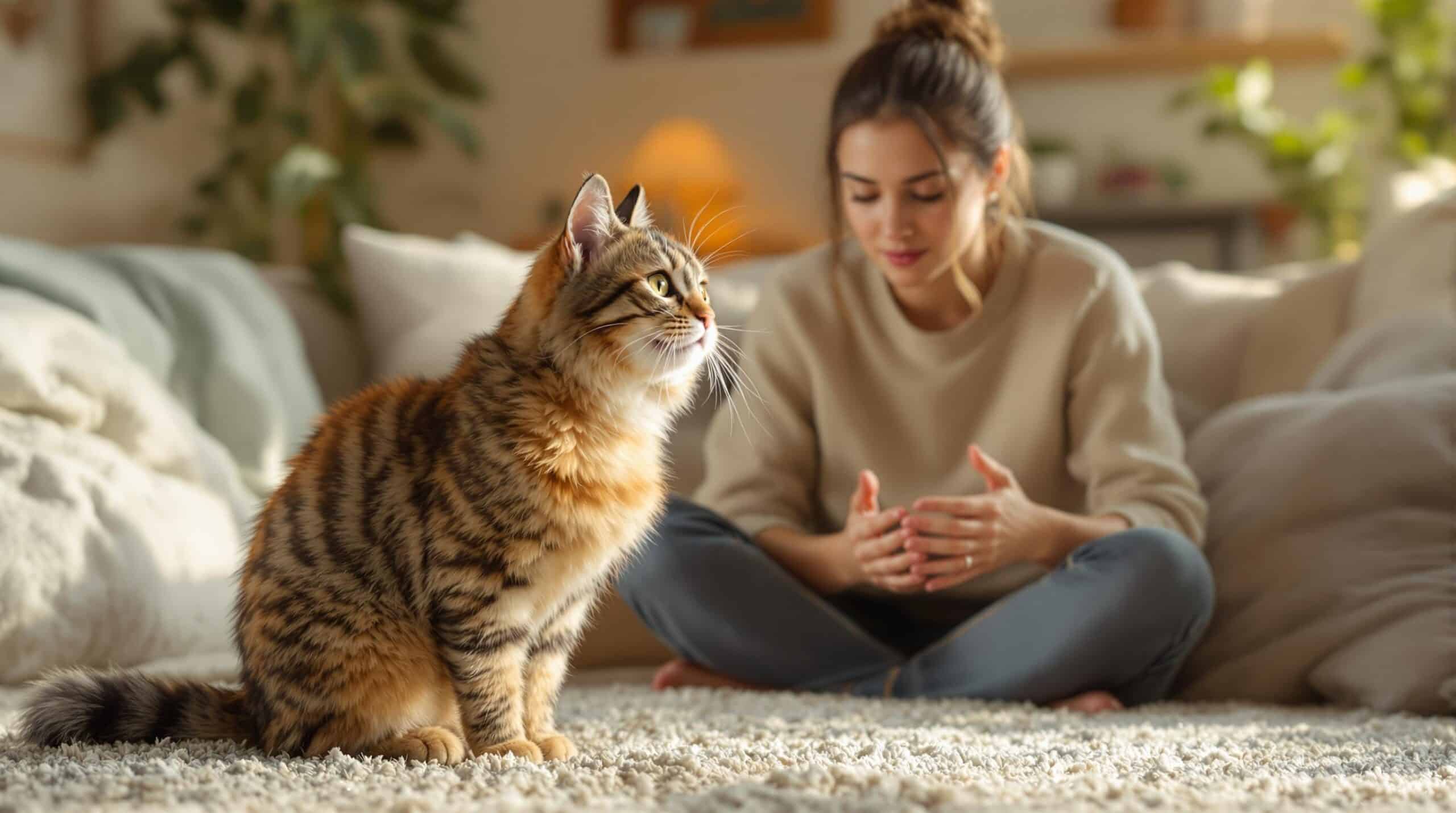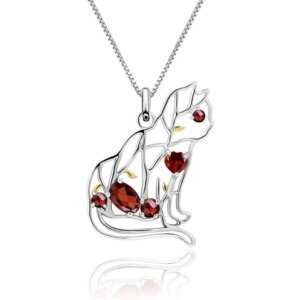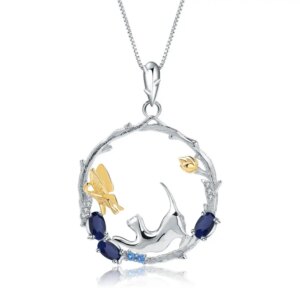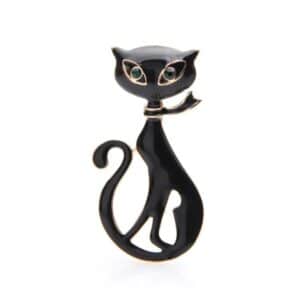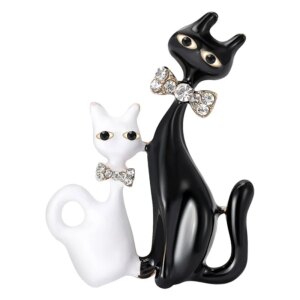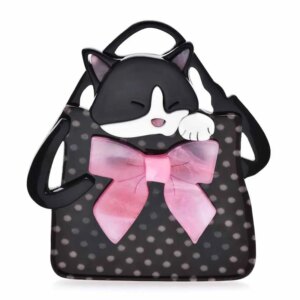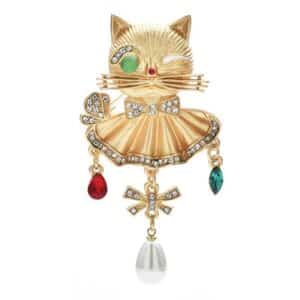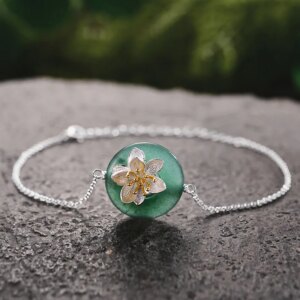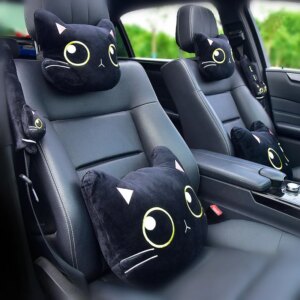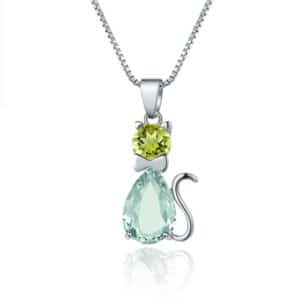Cats reverse sneeze, a common but often misunderstood condition, can be alarming for cat owners. This article will explore the causes, symptoms, and treatment options for cat reverse sneezing, providing practical tips for managing and preventing this condition. By the end, you’ll have a comprehensive understanding of cat reverse sneezing and the steps you can take to ensure your cat’s well-being. At Cat Karma Creations, we understand the importance of keeping your feline friends healthy and happy, which is why we offer a wide range of cat-themed jewelry and gifts that celebrate the love and joy they bring into our lives.
What is Cat Reverse Sneezing
Definition and Description
Cat reverse sneezing, also known as a paroxysmal respiration, is a condition where a cat rapidly pulls air into its nose. This can result in a series of snorting or honking sounds, often lasting for a few seconds to a minute. While it may look and sound alarming, it is usually not a serious condition and does not typically cause pain or discomfort to the cat. Our in-house jewelry designer, Jules, creates unique and imaginative pieces inspired by the love and happiness cats bring into our lives, making the perfect gift for any cat lover.
Common Causes
The exact causes of cat reverse sneezing can vary, but some of the most common factors include:
- Allergies: Pollen, dust, mold, and other allergens can trigger reverse sneezing episodes.
- Respiratory Issues: Infections, asthma, and bronchitis can affect the respiratory system, leading to reverse sneezing.
- Nasal Mites: Parasites in the nasal passages can cause irritation and reverse sneezing.
- Irritants: Household chemicals, strong scents, and cigarette smoke can irritate a cat’s nasal passages.
- Stress and Anxiety: High levels of stress or anxiety can also trigger reverse sneezing episodes.
Symptoms and Signs
Identifying the symptoms of cat reverse sneezing is crucial for timely treatment. Common signs include:
- Rapid and forceful inhalation through the nose, often accompanied by a snorting or honking sound.
- Extension of the head and neck, sometimes with the mouth open.
- Occasional coughing or gagging.
- Short episodes that typically last for a few seconds to a minute.
It’s important to note that cat reverse sneezing is different from regular sneezing, which involves a quick expulsion of air out of the nose. Reverse sneezing involves a rapid inhalation of air into the nose, which can be more alarming but is generally not harmful.
Diagnosing Cat Reverse Sneezing
When to See a Vet
While cat reverse sneezing is usually not a serious condition, there are instances where a vet visit is necessary. You should consult a veterinarian if:
- The episodes are frequent or last longer than usual.
- Your cat shows signs of distress or discomfort during or after the episodes.
- There are other symptoms present, such as lethargy, loss of appetite, or difficulty breathing.
Veterinary Examination and Tests
A veterinarian will perform a thorough examination to diagnose the cause of cat reverse sneezing. This may include:
- Physical examination to check for signs of respiratory issues or other health problems.
- Review of your cat’s medical history and recent activities.
- Diagnostic tests, such as X-rays, blood tests, or nasal swabs, to rule out underlying conditions like infections or allergies.
Differential Diagnosis
It’s essential to differentiate cat reverse sneezing from other respiratory conditions. Some conditions that may present similar symptoms include:
- Asthma: Characterized by wheezing and difficulty breathing.
- Chronic Bronchitis: Often accompanied by persistent coughing and mucus production.
- Heartworms: Can cause coughing and respiratory distress, especially in cats who spend time outdoors.
A correct diagnosis is crucial for effective treatment and management of the condition. At Cat Karma Creations, we believe in the importance of regular veterinary care to ensure your cat’s health and well-being.
Treatment and Management
Veterinary Treatment Options
Depending on the underlying cause, a veterinarian may recommend various treatment options for cat reverse sneezing:
- Antihistamines: For allergies, antihistamines can help reduce the frequency and severity of episodes.
- Inhalers: For respiratory issues like asthma, inhalers can provide relief and improve breathing.
- Antibiotics: For infections, antibiotics can treat the underlying condition and reduce symptoms.
- Medications: For nasal mites, specific medications can eliminate the parasites and alleviate symptoms.
Home Remedies and Natural Treatments
There are several home remedies and natural treatments that can help manage cat reverse sneezing:
- Calming Techniques: Gently stroking your cat’s throat or covering their nose can help calm them and reduce the episode.
- Air Purifiers: Using an air purifier can help reduce allergens in the environment and prevent episodes.
- Humidifiers: Adding moisture to the air can soothe the nasal passages and reduce irritation.
- Hypoallergenic Products: Using hypoallergenic bedding and cleaning products can reduce exposure to allergens.
Lifestyle and Environmental Adjustments
Making lifestyle and environmental adjustments can significantly reduce the frequency of cat reverse sneezing episodes:
- Avoiding Triggers: Identify and eliminate potential triggers such as strong scents, household chemicals, and cigarette smoke.
- Regular Cleaning: Regularly cleaning your home can reduce the presence of allergens and irritants.
- Stress Reduction: Creating a calm and stress-free environment can help reduce anxiety and prevent episodes.
- Exercise: Regular exercise can improve overall health and reduce the likelihood of reverse sneezing episodes.
Preventing Cat Reverse Sneezing
Identifying and Avoiding Triggers
Understanding the causes of cat reverse sneezing, such as allergies and irritants, is crucial for effective management. Identify and avoid triggers such as:
- Pollen, dust, and mold.
- Household chemicals and strong scents.
- Cigarette smoke and other irritants.
Maintaining a Healthy Environment
Maintaining a healthy environment is key to preventing cat reverse sneezing. This includes:
- Regular Cleaning: Dusting, vacuuming, and cleaning surfaces can reduce allergens.
- Using Hypoallergenic Products: Choose hypoallergenic bedding, cleaning products, and air purifiers.
- Good Hygiene: Regular vet check-ups and good hygiene practices can prevent infections and other health issues.
Regular Veterinary Care
Regular veterinary care is essential for diagnosing and treating underlying conditions that may cause reverse sneezing. This includes:
- Annual Check-ups: Regular vet visits can help identify and address health issues early.
- Preventive Measures: Vaccinations, flea and tick prevention, and heartworm prevention can help keep your cat healthy.
- Early Intervention: Prompt treatment of respiratory issues and allergies can prevent complications and reduce the frequency of reverse sneezing episodes.
Comparison Table
| Feature | Allergies | Respiratory Issues | Nasal Mites |
|---|---|---|---|
| Common Causes | Pollen, dust, mold | Infections, asthma, bronchitis | Parasites, poor hygiene |
| Symptoms | Sneezing, itching, watery eyes | Coughing, wheezing, difficulty breathing | Sneezing, nasal discharge, head shaking |
| Treatment Options | Antihistamines, air purifiers | Inhalers, antibiotics, bronchodilators | Medications, cleaning, vet visits |
| Prevention | Regular cleaning, hypoallergenic products | Avoiding triggers, regular vet check-ups | Good hygiene, regular vet check-ups |
| Impact on Cats | Discomfort, reduced activity | Severe respiratory distress | Irritation, potential secondary infections |
Popular Quote
“A cat has absolute emotional honesty; human beings, for one reason or another, may hide their feelings, but a cat does not.” — Ernest Hemingway
Statistical Fact
According to the American Veterinary Medical Association (AVMA), approximately 10% of cats experience reverse sneezing at some point in their lives. While this statistic is based on reported cases, it highlights the prevalence of the condition and the importance of understanding its causes and management. (Source: AVMA, 2023)
Three Tips for Managing Cat Reverse Sneeze
- Stay Calm: When your cat experiences a reverse sneezing episode, remain calm and soothing. This can help reduce their stress and shorten the episode.
- Identify Triggers: Keep a journal of when and where your cat experiences reverse sneezing. This can help you identify and avoid potential triggers, such as certain scents or allergens.
- Regular Vet Check-ups: Regular veterinary visits can ensure that any underlying health issues are addressed promptly, reducing the frequency and severity of reverse sneezing episodes.
Popular Questions
- What causes cat reverse sneezing? Cat reverse sneezing can be caused by various factors, including allergies, respiratory issues, nasal mites, irritants, and stress.
- Is cat reverse sneezing harmful? While it can be alarming, cat reverse sneezing is usually not harmful. However, if the episodes are frequent or accompanied by other symptoms, it’s important to consult a veterinarian.
- How can I prevent cat reverse sneezing? Preventing cat reverse sneezing involves identifying and avoiding triggers, maintaining a clean and hypoallergenic environment, and ensuring regular veterinary care.
- What should I do during a reverse sneezing episode? Stay calm, gently stroke your cat’s throat, and cover their nose briefly to help them breathe through their mouth and calm down.
Final Thoughts About Cats Reverse Sneeze
Cat reverse sneezing, while often harmless, can be a sign of underlying health issues. By understanding the causes, symptoms, and treatment options, you can ensure your cat remains healthy and comfortable. Regular veterinary check-ups and a proactive approach to managing triggers can significantly reduce the frequency and severity of reverse sneezing episodes. If you have any concerns, don’t hesitate to contact your vet for professional advice. At Cat Karma Creations, we are here to support you and your feline friends. For more information or to explore our range of cat-themed jewelry and gifts, visit our website or contact us at info@catkarmacreations.com or (800) 343-1604. Follow us on Facebook and Instagram for more tips and updates.

